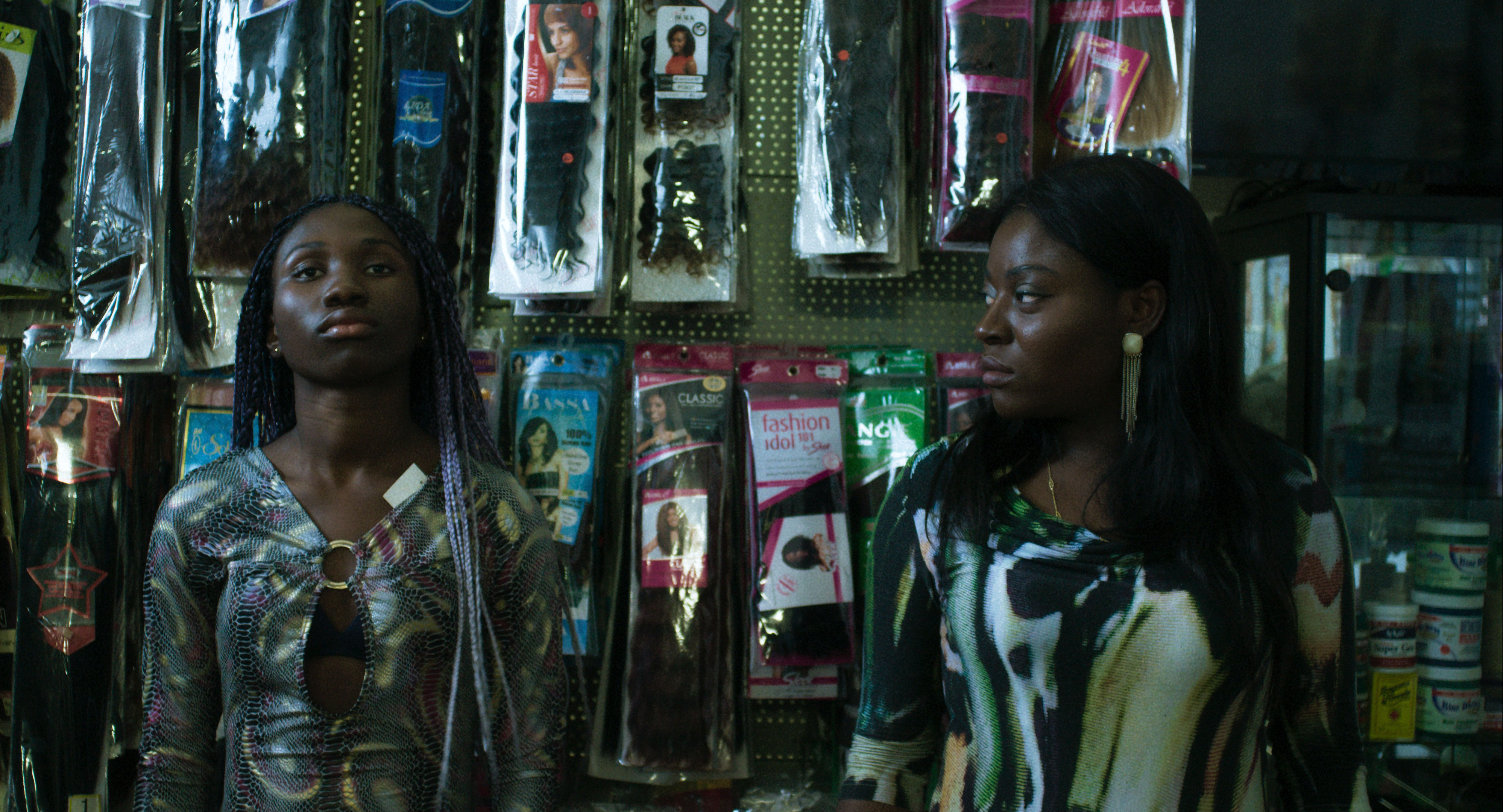Venice Film Review: ‘Joy’
By Guy Lodge
LOS ANGELES (Variety.com) – You’ll get no credit for guessing the precise degree of bitter irony in the title of “Joy,” given the quiveringly well-drawn milieu in Sudabeh Mortezai’s effective flick-knife of a sophomore feature. Immersing audiences with how-it-is frankness into the imperilled world of migrant Nigerian prostitutes on Vienna’s unwelcoming backstreets, it offers a raw, fresh view on the currently ubiquitous topic of European immigration control, sewn through with sharp feminist perspective: The black women at the center of “” are exploited equally by foreign oppressors and within their own communities, making for a cycle of abuse that’s almost impossible to escape. Watching it in motion is inevitably downbeat, but lifted by the vibrant, sometimes acidly funny specifics of the film’s cultural portraiture.
A standout in this year’s Venice Days program, “Joy” is bound for a high-impact festival run: A prominent berth in the upcoming London fest’s premier competition can only help its prospects, though its hard subject matter and unyieldingly dark world view pose a challenge to distributors. For Mortezai, the film emphatically doubles down on the promise of her debut, the Chechnyan refugee study “Macondo,” which snagged a surprise Berlinale competition slot in 2014. “Joy” might be the richer film, but the two form a tightly bound double bill, establishing the Austrian-Iranian filmmaker as an essential chronicler of outsider lives in the midst of Europe’s migrant-focused political crisis.
Mortezai’s screenplay draws significantly on the experiences of her non-professional cast — many of them former expat sex workers themselves, lending their own names to their characters — with all the porous authenticity and hurlyburly sense of improvisation that entails. Structurally, the film takes its time in locating its focal character, in the process suggesting how young women can drift placelessly through this trafficking racket. Initially, the story seems to belong to Precious (Precious Mariam Sanusi), a 17-year-old naif sent unwillingly into prostitution to provide money for her family; we encounter her in the midst of a traditional juju ritual, performed by a male witchdoctor to bind her to her grim vocation through fear and superstition. (It turns out this is standard practice for enslaving young women; westerners watching “Joy” aren’t likely to flippantly use the phrase “bad juju” ever again.)
Once Precious arrives in Vienna, however, her agency as a character swiftly saps away to nil; that’s no scriptwriting negligence, but a passively devastating way of signalling a likely hopeless fate. At the same time, the film adopts the perspective of Joy (Joy Anwulika Alphonsus), a veteran streetwalker nearing a pinhole of light at the end of the tunnel. She’s on the verge of paying off her debts to her vindictive female pimp Madame (a bone-chilling Angela Ekeleme Pius), after which she can leave her employ and regain custody of her young daughter. But the future is only flickeringly bright. Her asylum status remains tenuous, even if she assists the police in their ongoing investigation of Madame, while the risk of getting sucked back into the sordid system — perhaps as a pimp herself — to support her family remains high.
Before she can cross that bridge, however, she’s assigned the task of grooming the terrified Precious for the streets, at cost to her own income if the girl fails to earn — a responsibility that put her maternal instincts in conflict with her drive for self-preservation. Over and over, “Joy” shows us how this industry of exploitation ensnares and implicates women at every level, finally making abusers of victims. The draining of Precious’ resistance (crucially, in a wrenching heard-but-not-seen rape scene, at the behest of Madame) is particularly upsetting to observe, helped acutely by Carola Pizzini’s superb costume design, which alters the power and posture of women’s bodies with a few thrift-store tweaks. One heartbreaking shot sees Precious papering her wall with torn-out magazine images of successful black women from Lupita Nyong’o to Beyoncé to Michelle Obama: For these girls, there are no role models in their image any closer to home.
If all the performances here feel lived-in, it’s because they’re literally just that — but even within that context, Alphonsus is an electric find, silently signaling Joy’s clashing moral impulses with a complexity that would defeat many a professional. The film’s strongest scenes, meanwhile, are those that find the women at momentary ease, worshipping at the local African Pentecostal church or kicking back and bantering with garrulous spontaneity, while cinematographer Klemens Hufnagl — richly attentive to skin tone even under harsh neon light — fluidly keeps pace. “Joy” doesn’t forget a binding sense of community amid its case-by-case bleakness, though even that is complicated by competition and one-upwomanship: “It’s survival of the fittest in this game,” Joy reminds the rookie, for whatever survival in this particular trap is worth.

